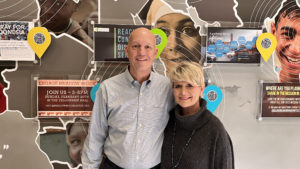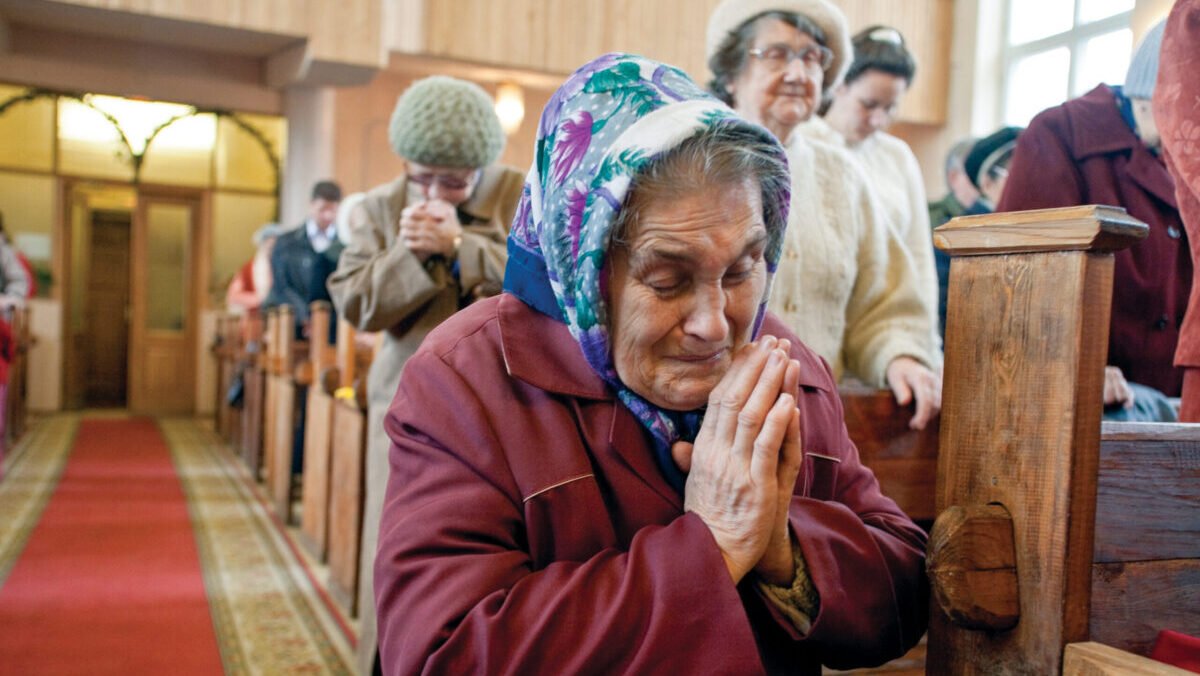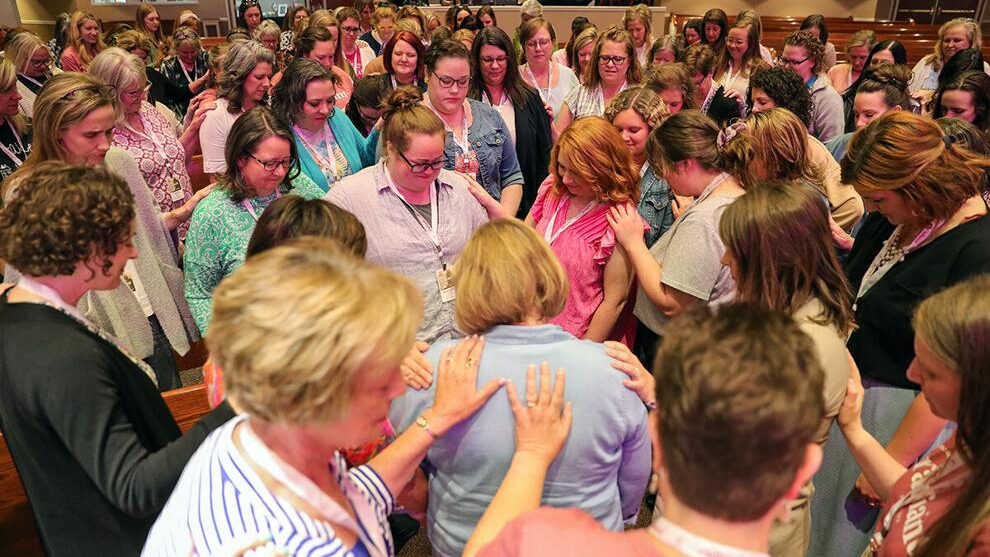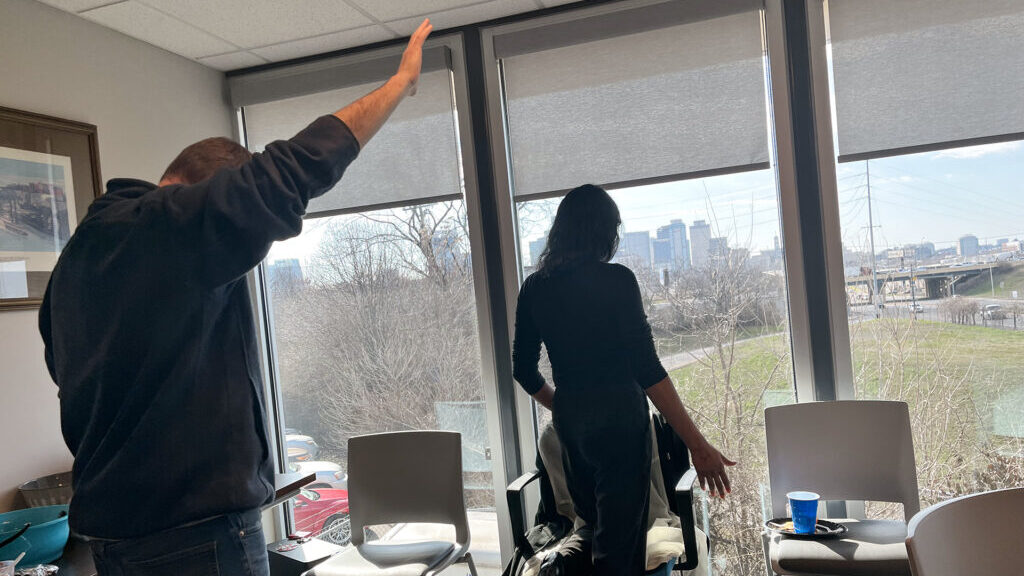For most, the term “missionary” implies someone who has devoted their life full time to follow God’s calling to share the gospel where it has not been heard. The missionary is displaced from environment, home, culture and job to establish a presence in a new place often with a different culture, doing a job with gospel purpose and living in a new home.
Career missionaries, or “team members,” all over the globe are vital to fulfilling the Great Commission. However, nontraditional missionaries not fully funded by the International Mission Board also have taken on crucial roles to serve Kingdom purposes.
Many opportunities are available for all types of people in a variety of short-term, mid-term (two months to three years) or long-term capacities. There are missionary teams, missionary associates, team associates and field support missionaries. Professionals, students and stay-at-home moms can serve for any length of time.
The global need for missionaries is more urgent than ever. The harvest is plentiful, and the workers are few, with more than 7,000 unreached people groups incorporating 4.5 billion unreached people, according to the IMB 2021 Global Impact Guide.
Reaching the multitude is a massive effort. The unreached world needs anyone with a missional heart.
Becoming a team associate

David and Shannon Brown recently joined the league of nontraditional missionaries, discovering an opportunity while browsing the IMB website. The Browns felt called to serve for a longer period after having been on multiple short-term missions trips. But they were not interested in being team members, nor did they want to be funded by a ministry organization, a church or the IMB. They wanted greater flexibility to enjoy their role as grandparents and retirees.
The IMB had a place that met all their conditions — being team associates would allow them to work alongside team members in their desired location in Eastern Europe. Since the minimum requirement is just one year, they could decide for themselves about attending language school and how long they would stay. They also could make trips back to the United States.
“We chose the self-funded route and included this in our financial planning for our retirement,” the couple said. “Our interest in this role developed as a result of the numerous previous short-term trips made and the relationships we developed.”
The cost is out-of-pocket, including the responsibility of finding transportation and housing, but the Browns will not be without support. The IMB provides consulting services to assist with health care, housing and visa support, among other things. Contacts within their destination country will provide additional support to help with immediate concerns. The Browns plan to attend an abbreviated language course.
Team associates
“The team associate role began several years ago as a way for people who aren’t appointed full-time missionaries to participate on existing church planting teams,” said Mike Lazenby, IMB church mobilization strategist for the Gulf Region. “They participate in the missionary task on either a full-time or a part-time basis, depending on what their circumstances allow.
“A team associate often allows the [ministry] team access to segments of society that a full-time missionary might not be able to get into.”
Former IMB field support missionary Tom Boston said, “Business opens doors.” He used his financial background to coordinate activities across the globe.
Ministry opportunities
Team associates currently are in every IMB global affinity. The Browns are the first to serve in that capacity in their Eastern Europe location, joining 400 other Alabamians currently on the mission field, according to Scotty Goldman, director of the office of global missions at the Alabama Baptist State Board of Missions.
Goldman likens the role of team associate to a temporary associate pastor.
Another nonfunded position apart from the IMB is an associate missionary. These full-time workers receive on-the-job training and work under the supervision of a missionary or other ministry leader. Goldman cited examples: a teacher for missionary kids, a refugee ministry worker, an ESL teacher or a community outreach worker with a local church.
Alabama students are not left out when it comes to gospel work abroad. Goldman highlighted several programs for which students can receive partial funding.
Through One Mission Students, young adults are sent to serve in a variety of areas during the summer or during spring or Christmas breaks. A new program, The Timothy Initiative, requires students to participate in discipleship and mentoring during their junior and senior years of college. Students who complete the program may receive up to $5,000 for two years of mission engagement after college-either through IMB (Journeyman/international) or North American Mission Board (Go2/North America).
The IMB Hands-On program is an international missions opportunity for students and young adults interested in working alongside a missionary mentor to share the gospel of Jesus with unreached peoples. Projects range from 4 months to 1 year in duration, and members of Southern Baptist churches can receive funding to cover half the cost to go.
When it comes to missions, everyone is called to pray, give, go or send, Boston said.
“If God is calling you, He will provide the resources.”
Read more about the Timothy Initiative here.
Read more about 2022 summer missions through One Mission Students here.








